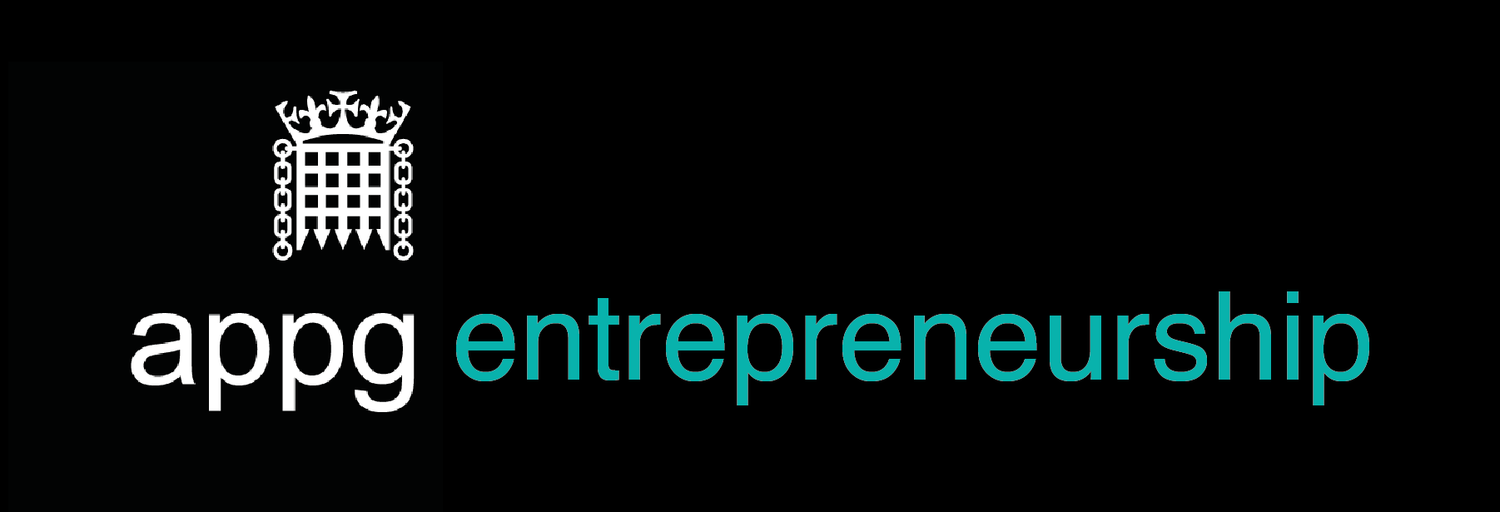Business Asset Disposal Relief (BADR), formerly Entrepreneurs’ Relief, is a Capital Gains Tax relief that reduces the tax rate business owners pay when they sell all or part of their business. Instead of paying the normal 20% CGT rate, qualifying gains are taxed at 10%. There’s currently a lifetime limit of £1 million in gains that can qualify.
Entrepreneurs’ Relief was first introduced by Gordon Brown’s Labour Government in 2008, replacing the earlier taper relief system. Conservative-led governments raised the limits to £10 million, but the lifetime limit was reduced to £1 million and rebranded as BADR in Rishi Sunak’s March 2020 Budget.
The policy aims to support business succession and reinvestment by rewarding risk-taking, encouraging entrepreneurship, and making the UK more internationally competitive in attracting and retaining founders. Lowering the tax burden at exit makes it easier for founders to retire, pass on their business, or recycle capital into new ventures. In theory, this creates a virtuous cycle in which experienced entrepreneurs reinvest their skills and capital into fresh startups, strengthening the wider entrepreneurial ecosystem.
There is a lively, ongoing debate around its effectiveness. While some claim that it’s poorly targeted, others argue that it’s been vital in making Britain the best place in Europe to start and grow a business.
Further Reading
GOV.UK – Business Asset Disposal Relief
Sam Dumitriu – Should Capital Gains Tax Change?
Helen Miller and Kate Smith – Low rates of capital gains tax on business income lead to large tax savings but do not boost investment
This entry was written by Philip Salter. Philip is the Founder of The Entrepreneurs Network. Subscribe to Perennial Gale, his weekly newsletter on all things policy and entrepreneurship.


